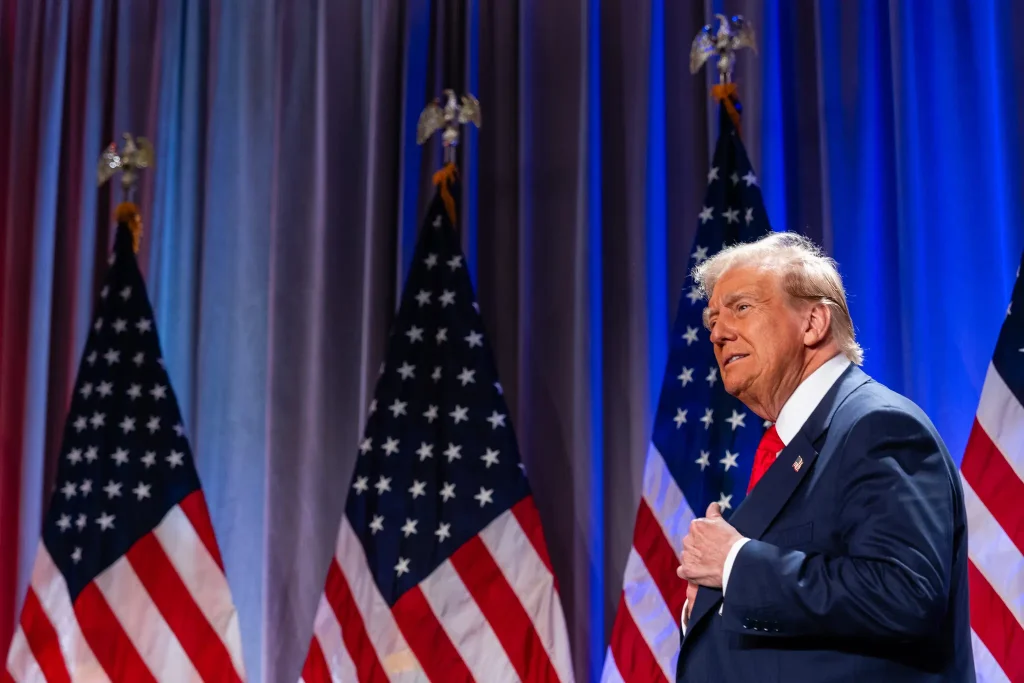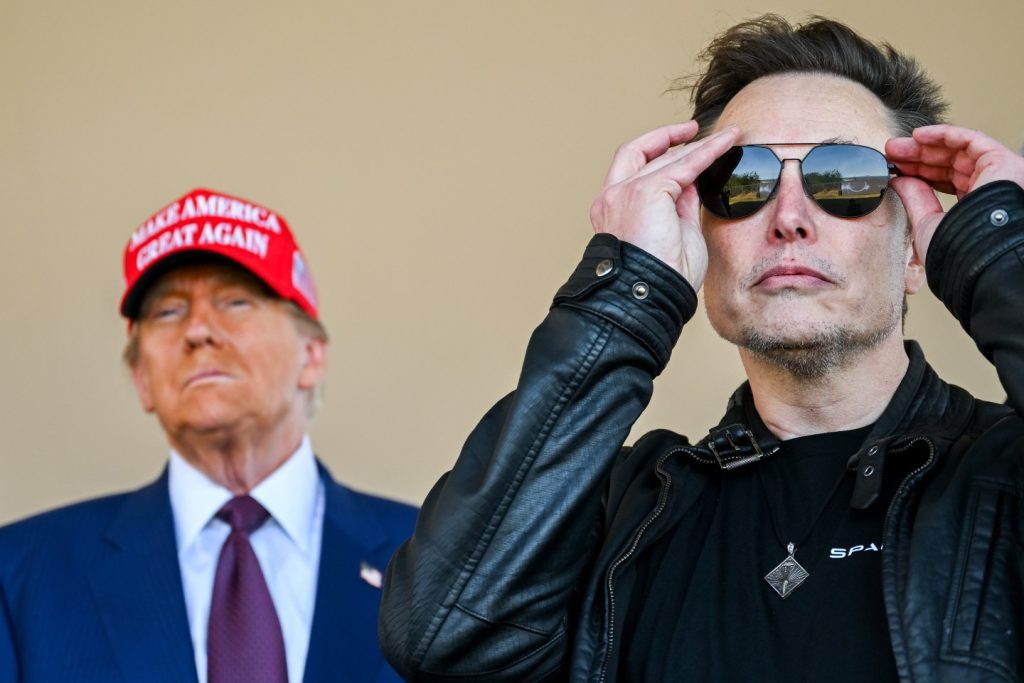Ford Calls for Incentives to Buy Electric Cars as Backlash Grows

Ford Motor Company has recently called for increased government incentives to encourage consumers to buy electric vehicles (EVs) as backlash against the transition to electric cars intensifies.
As the auto industry undergoes a significant shift toward electrification, automakers like Ford are looking to balance consumer preferences with the growing regulatory push to phase out gas-powered vehicles.
Despite growing support for green technologies, the backlash against EVs—driven by concerns over cost, infrastructure, and the environmental impact of battery production—has prompted Ford to urge policymakers to provide more financial incentives to help consumers make the switch to electric cars.
The Push for Electric Vehicles and the Government’s Role
The automotive industry is at a pivotal moment, with governments around the world setting ambitious goals for EV adoption to reduce carbon emissions. In the U.S., the Biden administration has set a target for EVs to make up 50% of new vehicle sales by 2030.
At the same time, several states, including California, have committed to banning the sale of new gas-powered cars by 2035, aiming to curb the environmental damage caused by the transportation sector.
For automakers like Ford, meeting these regulatory demands requires a massive shift in production. Ford has invested heavily in electric vehicle development, including electric versions of popular models like the F-150 Lightning truck and the Mustang Mach-E SUV.
However, despite these investments, the company faces a significant challenge: convincing consumers to buy EVs, especially in a market where many people are still hesitant due to the higher price tags, range anxiety, and lack of charging infrastructure.
Ford’s call for more incentives is seen as a way to make EVs more accessible and appealing to the broader market, particularly middle-class consumers who may find it difficult to afford the upfront cost of an electric vehicle, even with federal and state rebates.
Ford’s CEO, Jim Farley, has stated that incentives are key to driving mass adoption of electric vehicles, which would ultimately help meet climate goals while ensuring the auto industry remains competitive in a rapidly changing market.
Backlash Against Electric Vehicles
While the push for EVs has gained significant momentum in recent years, the transition to electric cars is not without its challenges and criticisms.
A vocal segment of consumers and industry stakeholders has expressed concerns over the feasibility of widespread EV adoption, particularly when it comes to price and infrastructure.
One of the most common objections is the high cost of electric vehicles compared to traditional gasoline-powered cars.
While federal tax incentives and state rebates have been introduced to make EVs more affordable, the purchase price of electric cars remains out of reach for many consumers.
In particular, the cost of electric trucks and SUVs—which are some of the most popular vehicles in the U.S.—is seen as prohibitively high. Despite efforts by companies like Ford to produce more affordable models, many consumers are still hesitant to leap.
Another significant challenge facing the EV market is the issue of charging infrastructure. While the number of public charging stations has been growing, there are still areas, particularly in rural parts of the country, where charging options are limited.
Range anxiety— the fear that a vehicle will run out of charge before reaching the next charging station—remains a major barrier for many consumers.
Even though battery technology has advanced and EV ranges have improved, the lack of charging infrastructure still looms large in the minds of potential buyers.
Additionally, there are concerns about the environmental impact of battery production, particularly the mining of lithium and other materials needed for EV batteries.
Critics argue that while EVs may reduce carbon emissions during operation, the environmental costs associated with their production, including the carbon footprint of mining and manufacturing, could offset some of the benefits.
These concerns have fueled skepticism about whether the widespread adoption of electric vehicles will truly lead to the environmental benefits promised by proponents of the transition.
The Role of Incentives in Overcoming Barriers
Ford’s call for more incentives comes as automakers face increasing pressure to meet stricter emissions standards while maintaining profitability.
To make the transition to electric cars viable for consumers, many experts agree that additional incentives—whether through tax credits, rebates, or subsidies—are necessary to help bridge the gap between the cost of electric and gasoline-powered vehicles.
The U.S. government’s existing federal tax credit for electric vehicles provides up to $7,500 for eligible buyers, but this incentive is limited to a certain number of vehicles per manufacturer, and the full credit is not always available.
Ford, for example, is nearing the cap for its EVs, which could reduce the amount of financial support consumers would receive.
Ford and other automakers have been advocating for the extension and expansion of these incentives to ensure that electric vehicles remain affordable for a broader range of consumers.
In addition to tax credits, incentives could include direct subsidies to help lower the upfront cost of EVs, grants for building out charging infrastructure, and other measures to make EV adoption more attractive.
Government support for research and development in battery technology could also help lower costs in the long term, making electric vehicles more competitive with traditional cars.
Furthermore, incentives could help address some of the infrastructure issues that have slowed the widespread adoption of EVs.
For example, subsidies for home charging stations or investments in the development of public charging networks could reduce range anxiety and make EVs more practical for everyday use.
The more charging options available, the more confident consumers will feel about making the switch to an electric vehicle.
The Future of Electric Vehicles and the Role of Incentives
The transition to electric vehicles is likely to remain a key focus of the automotive industry in the coming years. With companies like Ford committing billions of dollars to EV development, and government regulators pushing for greater adoption, the pace of change is accelerating.
However, the success of this transition will depend largely on how well barriers like cost and infrastructure are addressed.
Increased incentives for EV buyers could be a key tool in overcoming these obstacles and ensuring that electric vehicles become accessible to a broader range of consumers.
Ford’s call for stronger incentives is just one part of a larger conversation about how to make EVs more affordable, practical, and appealing to consumers.
While the technology continues to improve, the affordability and accessibility of electric vehicles remain critical factors in determining whether or not they can truly become mainstream.
Ultimately, the future of the EV market will depend on a combination of government support, technological advancements, and consumer demand.
As the world works toward reducing carbon emissions and achieving sustainability goals, the push for electric vehicles will continue to gain momentum.
Whether or not this transition is successful in the long term will depend on how well these challenges are met and how quickly automakers like Ford can create affordable, accessible, and reliable electric vehicles for the mass market.






